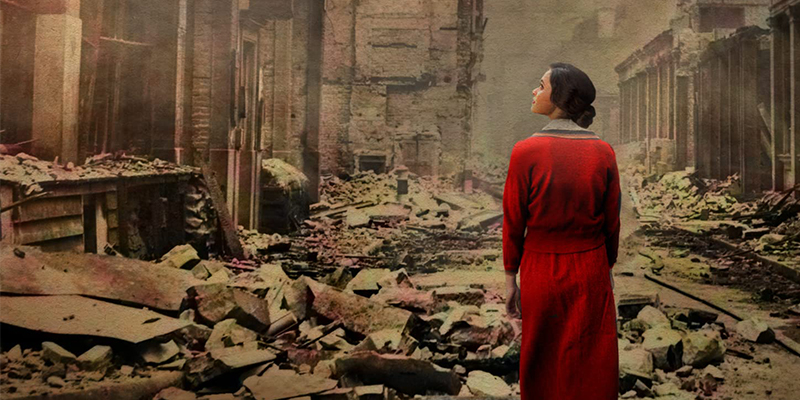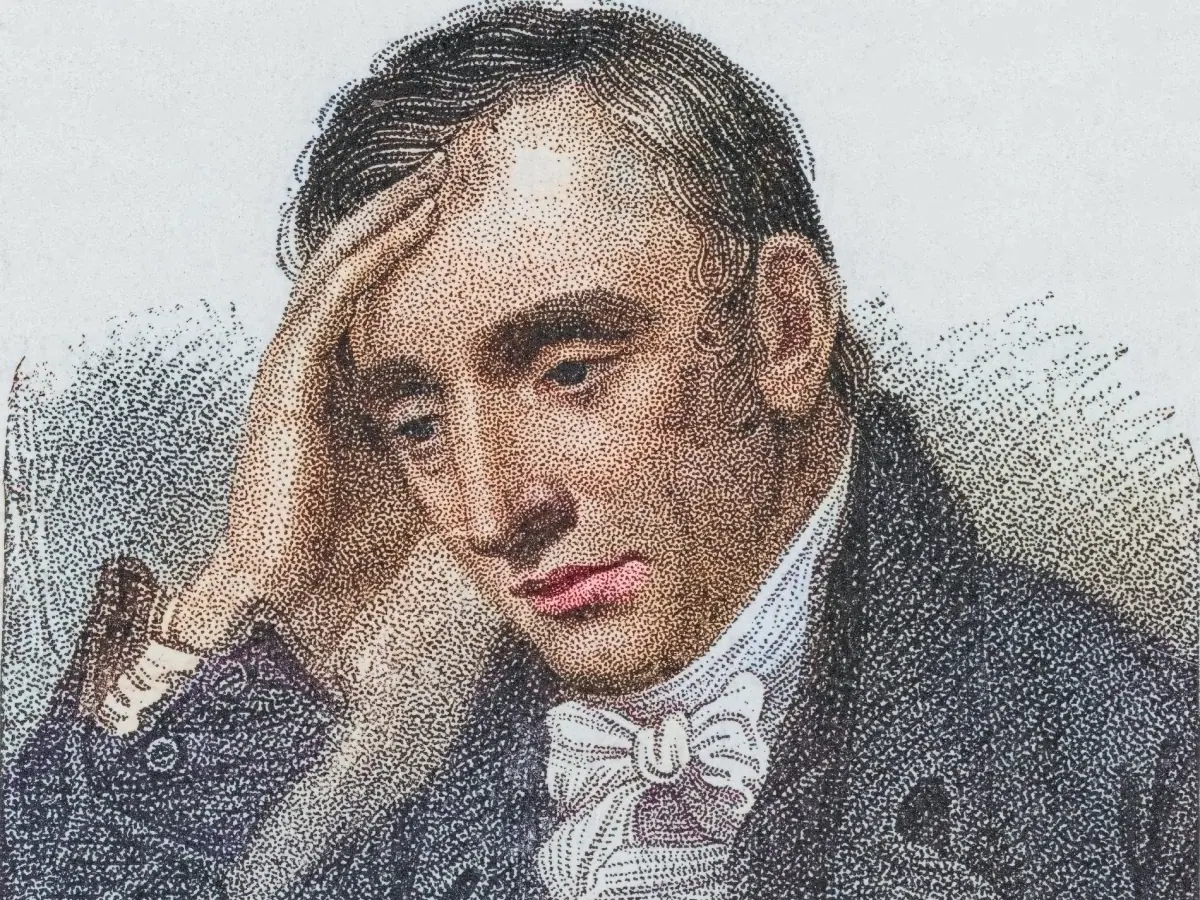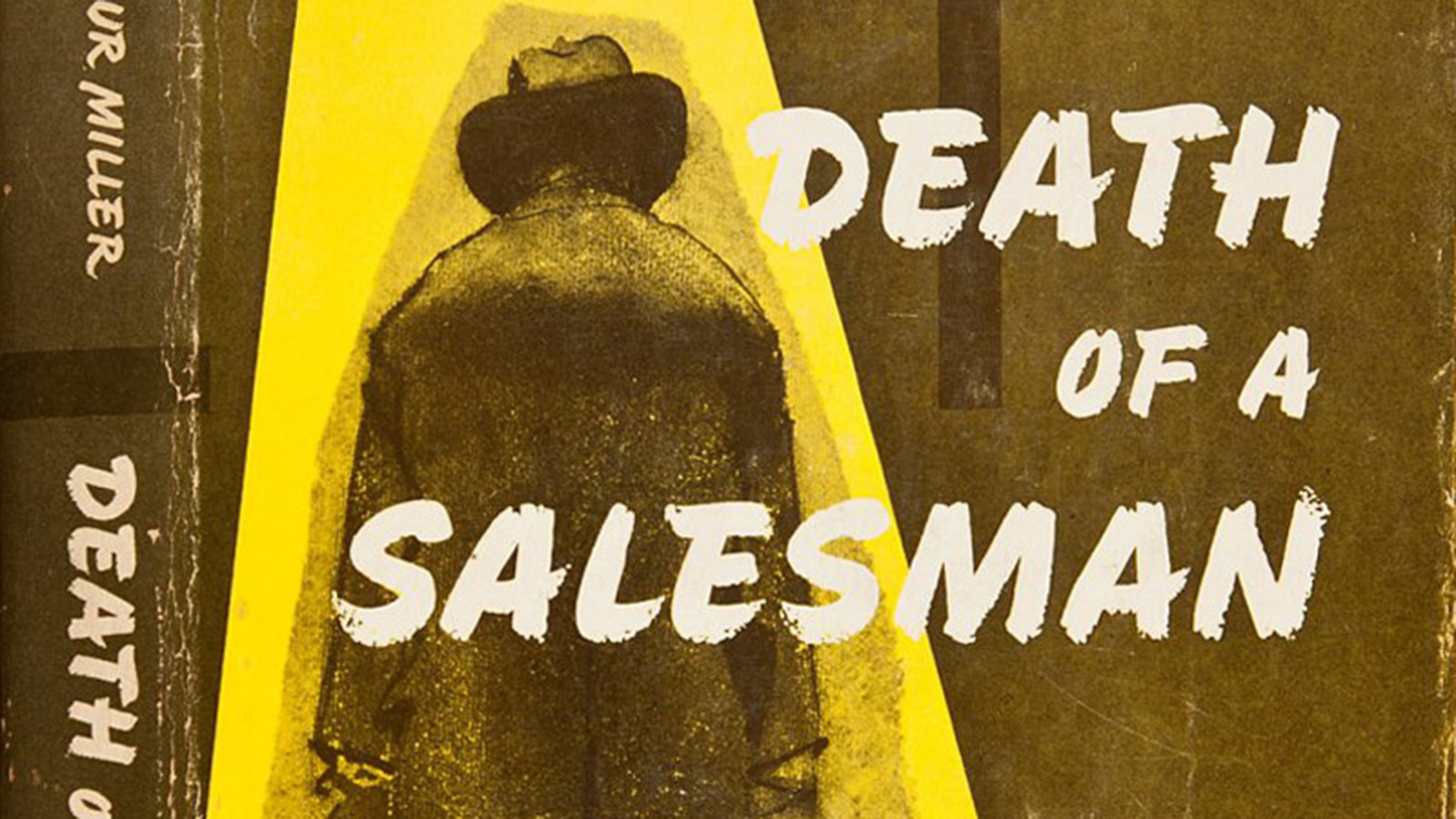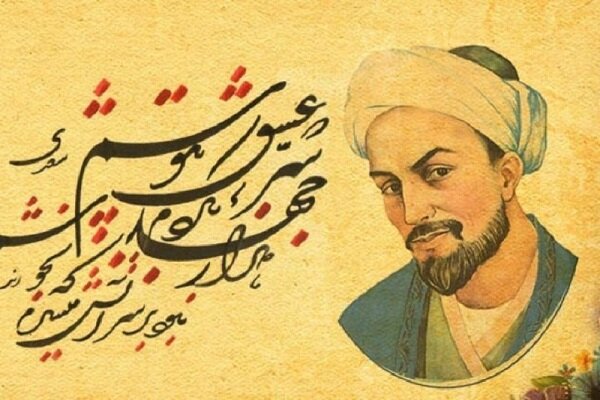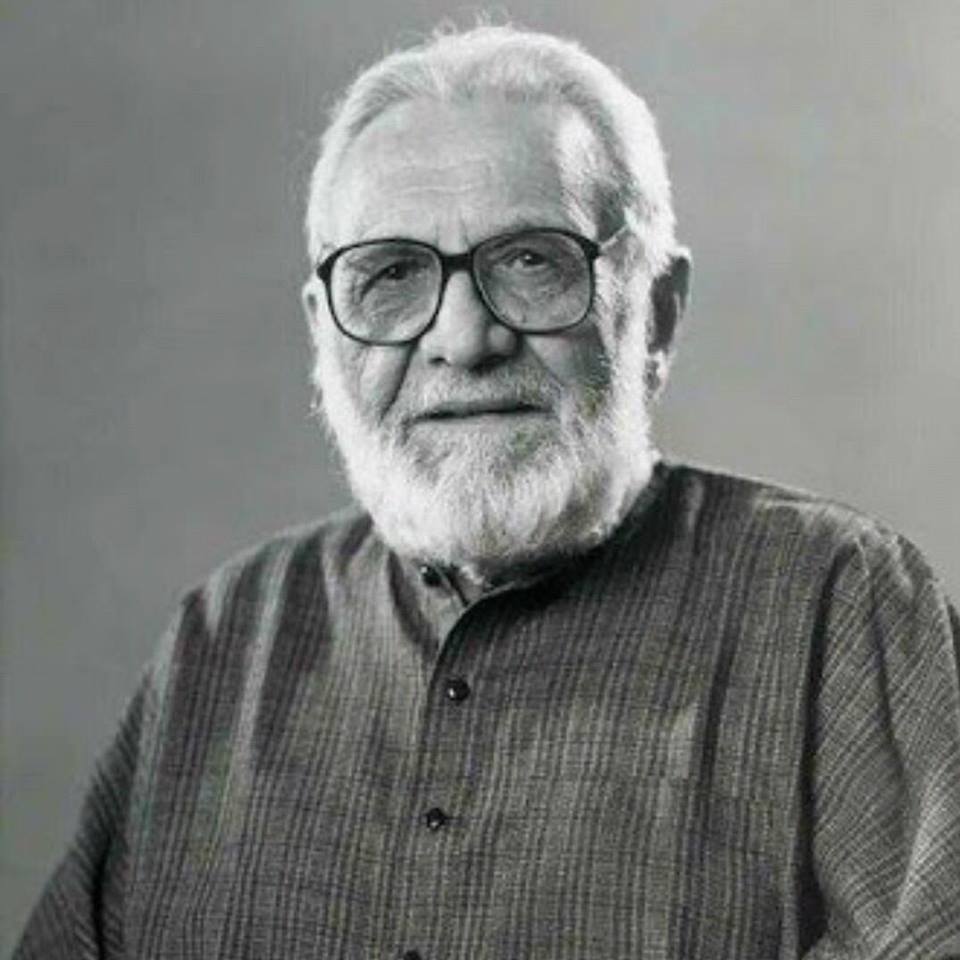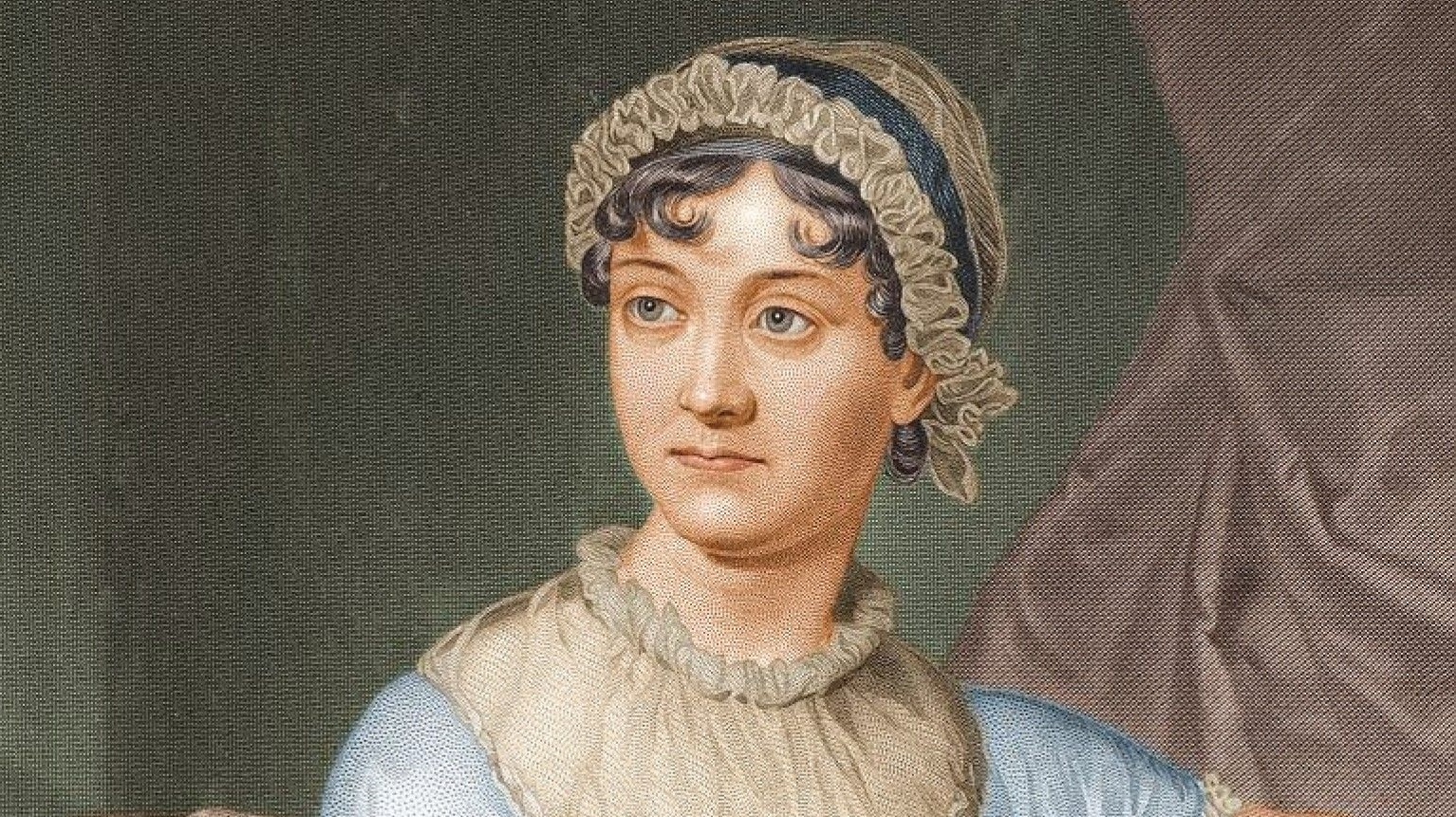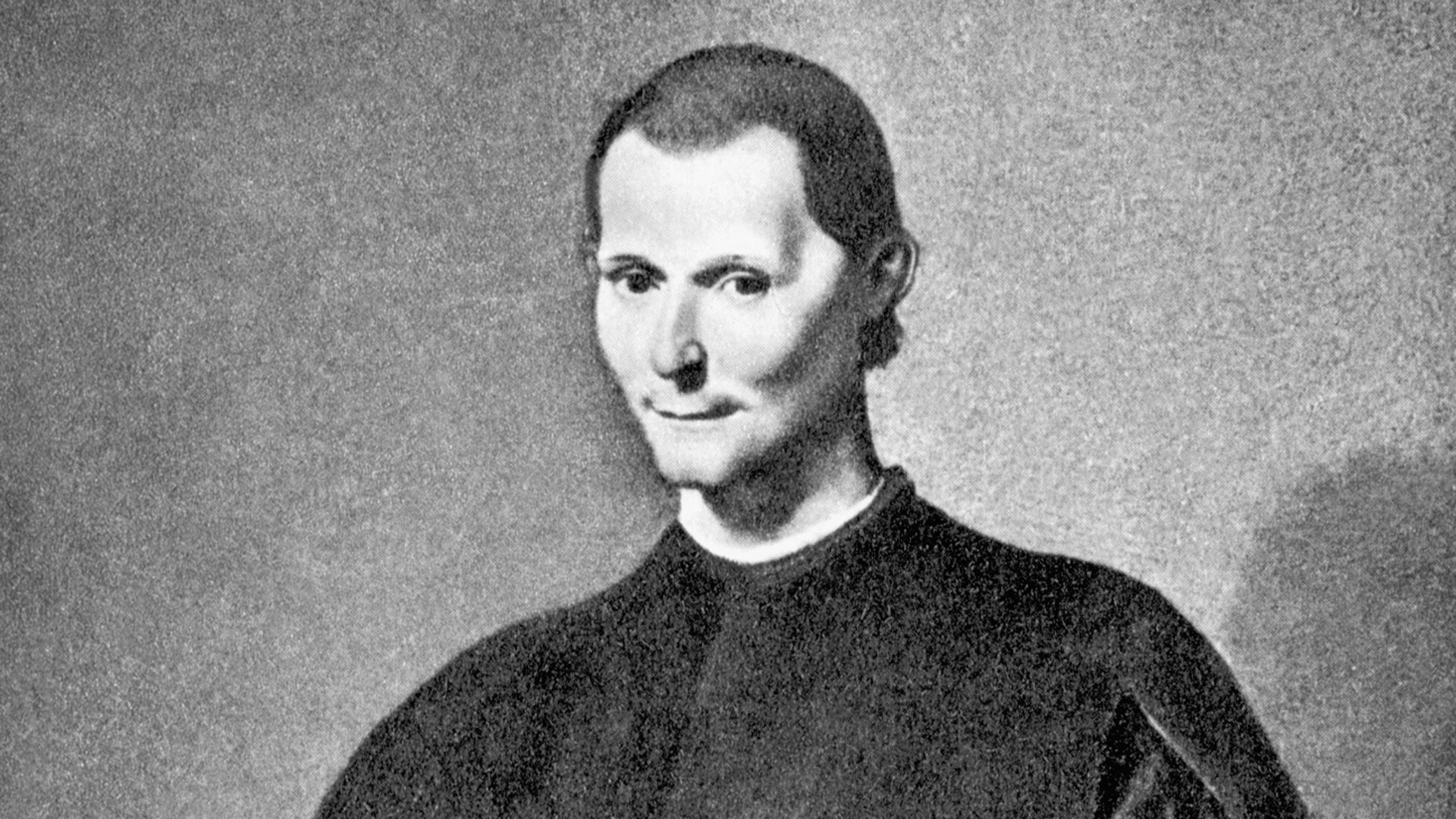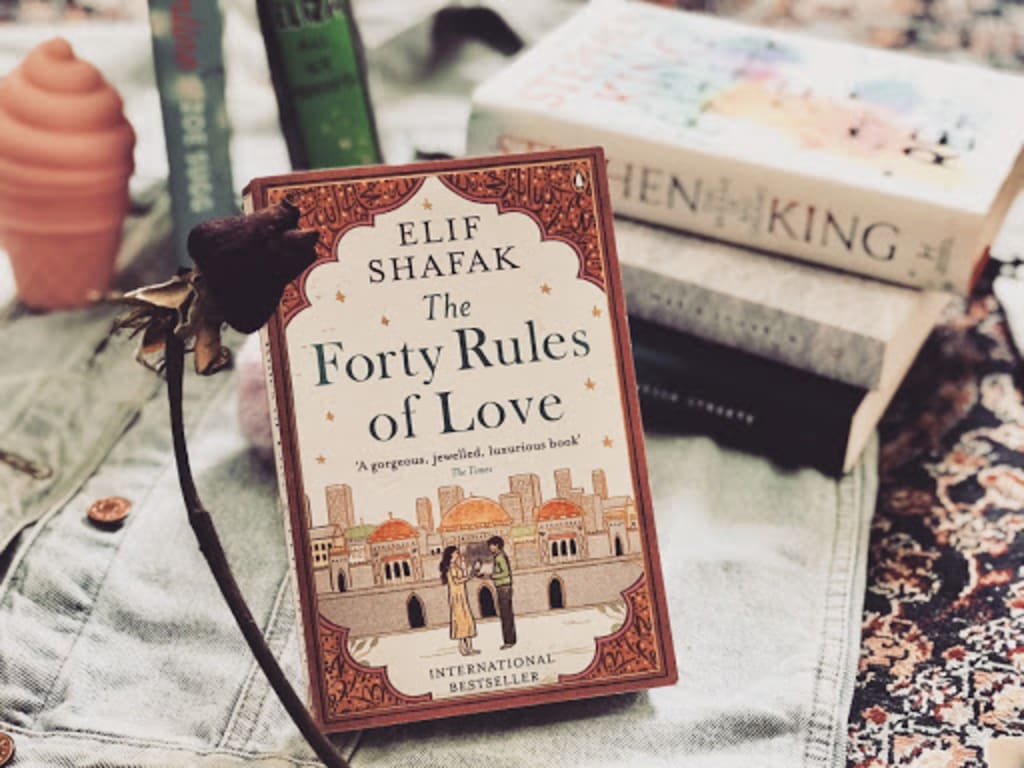Pareeshe Fatima
Historical fiction is a captivating sub-genre of literature that transports readers to a bygone era, evoking a sense of timeless wisdom and the enduring journey through history and knowledge. It takes various forms, but its central feature is its setting in the past, with every aspect of the story aligning with the norms of that time period. This genre aims to transport readers to a time and place in history, typically at least 50 years in the past, providing a unique form of literary time travel.
The believability of a historical novel hinges on its authentic setting. Historical fiction is grounded in a real place during a culturally recognizable time, and the details and action in the story may include a mix of actual events and the author’s imagination. Characters can be entirely fictional or based on real individuals, but everything about them should resonate with the era, from their attitudes and appearance to the challenges they face. Extensive research is key to ensuring historical accuracy, as authors strive to immerse readers in the sights, sounds, and nuances of the time period.
The origins of historical fiction can be traced back to ancient literature, with authors reimagining historical events in their works. However, it wasn’t until the early 1800s that historical fiction emerged as a distinct literary genre. Influential early works include Sir Walter Scott’s “Ivanhoe,” Mary Shelley’s “Valperga,” and James Fenimore Cooper’s “Leatherstocking Tales.” As the genre evolved, it delved into pivotal historical events such as the American Civil War and the World Wars, offering compelling narratives set against the backdrop of significant moments in history.
Historical fiction encompasses a diverse range of sub-genres, each offering a unique lens through which to explore the past. Documentary fiction closely adheres to historical events and strives for historical accuracy, bringing to life the experiences of individuals in specific historical contexts. Biographical historical fiction fictionalizes the lives of real individuals, providing an intimate portrayal of historical figures. Historical series and epics span multiple eras and settings, weaving together rich tapestries of historical events. Historical mysteries and thrillers infuse the past with intrigue and suspense, while historical romance and adventure novels offer captivating love stories and daring escapades set against historical backdrops.
Moreover, historical fantasy provides authors with the creative license to reimagine the past, blending historical elements with fantastical narratives. This genre also encompasses alternative reality histories, exploring hypothetical scenarios within the framework of resolved historical events. Through these diverse sub-genres, historical fiction continues to captivate readers with its ability to transport them to different epochs, offering a rich tapestry of human experiences set against the backdrop of history.
In modern times, historical fiction plays a crucial role in helping us understand and appreciate the complexities of the past. It serves as a bridge between the present and the historical events, offering insights into different cultures, societies, and human experiences. By immersing readers in the sights, sounds, and emotions of a bygone era, historical fiction fosters empathy and understanding, creating a deeper connection to history.
Moreover, historical fiction often sheds light on overlooked or marginalized voices from history, bringing attention to diverse perspectives and experiences. This can contribute to a more inclusive and comprehensive understanding of historical events and their impact on various communities.
Additionally, historical fiction can prompt readers to explore real historical events and figures further, sparking an interest in history and encouraging critical thinking about the past. It provides a compelling and engaging way to learn about different time periods, making history more accessible and relatable to a wide audience.
Furthermore, historical fiction has the power to stimulate discussions about parallels between historical events and contemporary issues, prompting reflection on how the past continues to influence the present. By drawing connections between past and present, historical fiction can inspire thoughtful conversations about societal progress, cultural evolution, and the enduring themes of human nature.
Overall, historical fiction remains relevant in modern times as a means to educate, inspire, and connect us to the rich tapestry of human history, fostering a deeper appreciation for the complexities of the past and its enduring impact on the present.



































